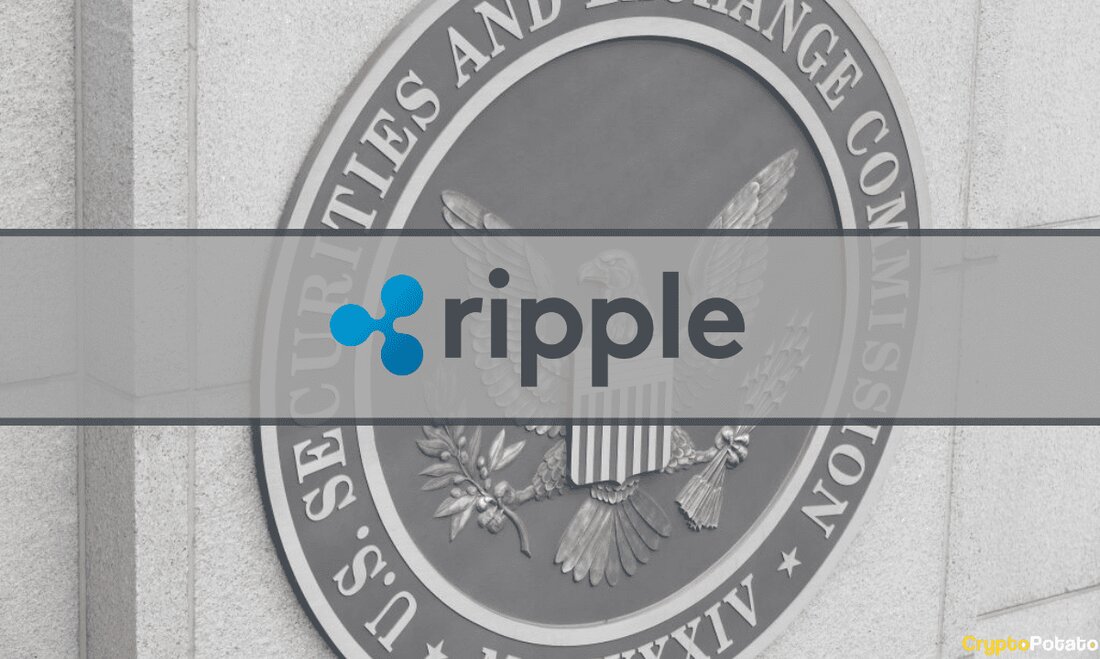Ripple Sets the Record Straight, Counters the SEC’s Fair Notice Defense Argument
The ongoing legal battle between the United States Securities and Exchange Commission (SEC) and Ripple has taken another turn as the San Francisco-based blockchain company countered the SEC's argument regarding its fair notice defense strategy. According to a document filed on April 13th. Ripple insisted that the case cited by the SEC does not provide grounds to reject the fair notice defense. The blockchain company also substantiated its claims that the securities regulator did not adequately communicate its disclosure obligations. The SEC's Letter of Supplementary Authority On Monday, the SEC filed a letter of supplementary authority in support of its motion for summary judgment, stating...

Ripple Sets the Record Straight, Counters the SEC’s Fair Notice Defense Argument
The ongoing legal battle between the United States Securities and Exchange Commission (SEC) and Ripple has taken another turn as the San Francisco-based blockchain company countered the SEC's argument regarding its fair notice defense strategy.
According to a documentfiledon April 13th Ripple insisted that the case cited by the SEC does not provide grounds to reject the fair notice defense. The blockchain company also substantiated its claims that the securities regulator did not adequately communicate its disclosure obligations.
The SEC's Letter of Supplementary Authority
On Monday, the SECfileda letter of supplemental authority in support of his motion for summary judgment citing a Massachusetts District Court ruling in a case against Commonwealth Equity Services LLC - SEC v. Commonwealth.
In it, dated April 7, the judge ruled that the defendant had violated the Investment Advisers Act of 1940 with respect to disclosure failures and rejected a fair notice defense. The court acknowledged that a 50-year-old Supreme Court precedent for discovery requirements was sufficient to ensure fair notice in the case.
The financial supervisionarguedthat in his case with Ripple, the Howey test and its progeny provided sufficient reasonable notice to defeat the defendant's defense. The SEC explained that the judge in the Commonwealth case rejected the fair notice defense even though it was apparent that the agency had long been aware of the platform's practices and had not adopted rules regarding that specific conduct.
Additionally, the SECcalledthat the Commonwealth case added another link to an “unbroken chain of district court decisions rejecting fair notice defenses in summary judgment in SEC enforcement actions.”
Ripple answers
In response, Ripple argued that the defendant in the Commonwealth case did not provide sufficient evidence to support the fair notice defense because it merely cited SEC guidelines and provided a paid expert witness.
However, in its case, the blockchain company insisted that there was ample evidence, including SEC filings and the agency's communications with third parties, that concluded that the offer and sale of XRP tokens were not investment contracts.
Meanwhile, Ripple called the SEC's boast of an unbroken chain of district court decisions rejecting fair notice defenses irrelevant because none of the previous cases in the chain dealt with XRP or the facts presented.
.

 Suche
Suche
 Mein Konto
Mein Konto
